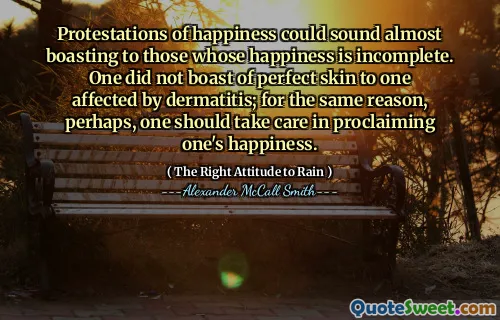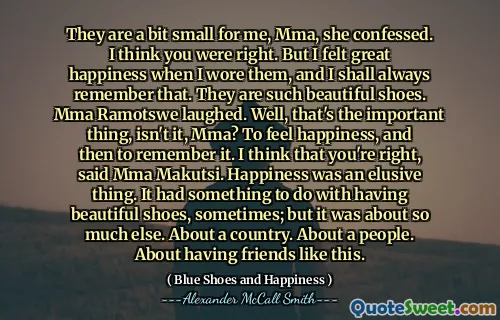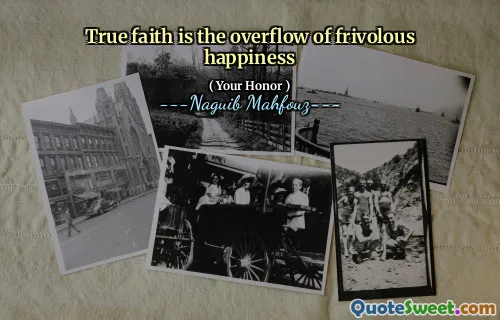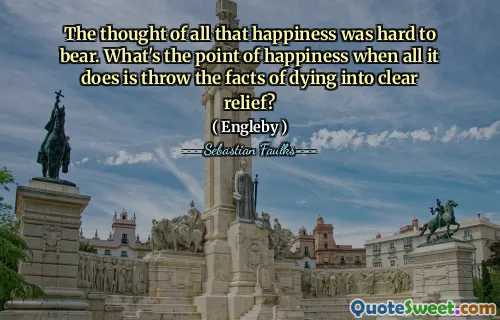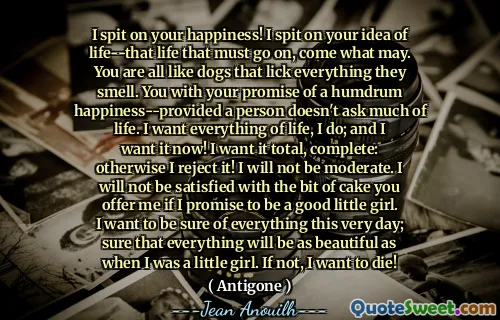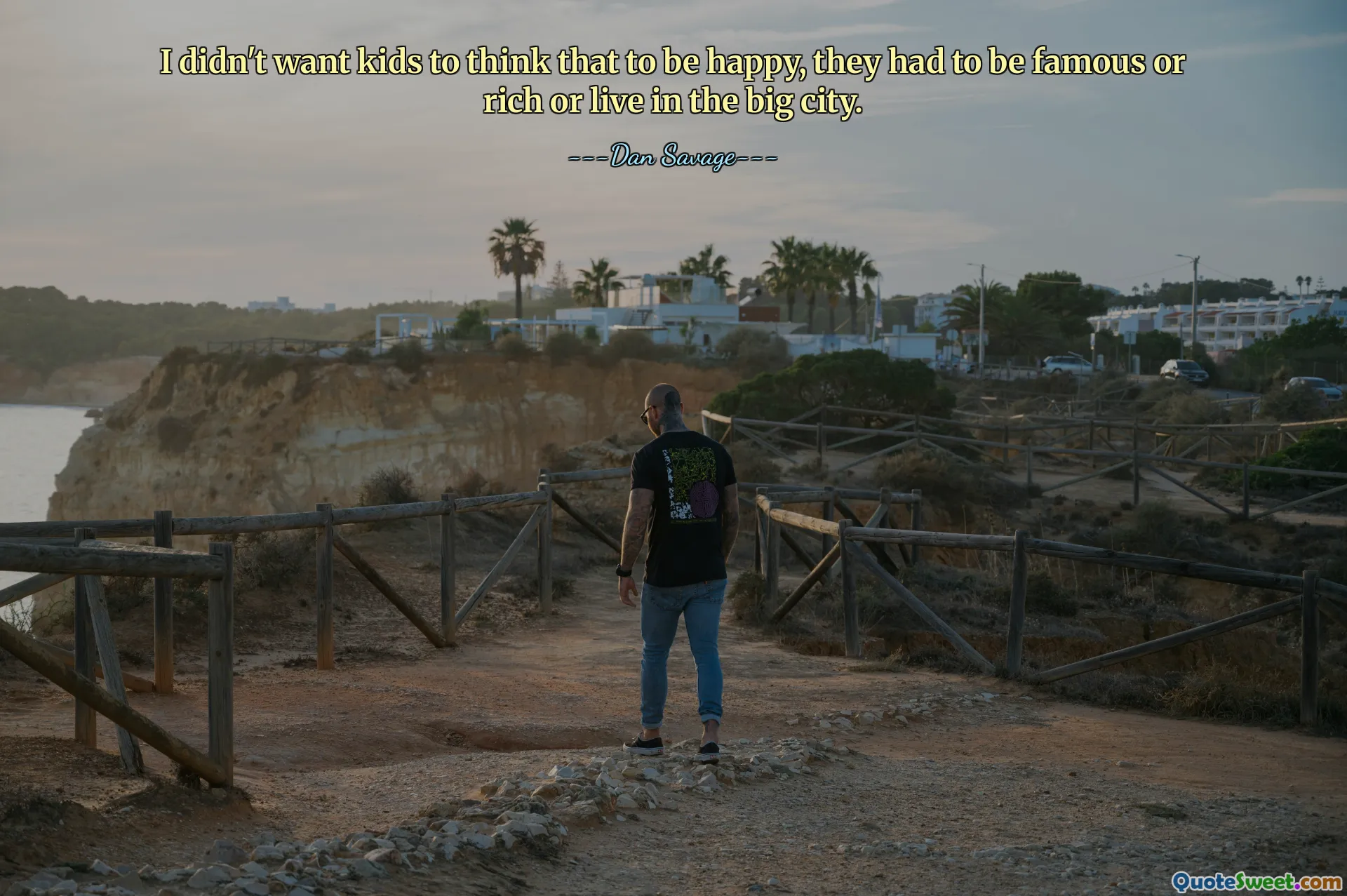
I didn't want kids to think that to be happy, they had to be famous or rich or live in the big city.
This quote challenges a pervasive societal narrative that equates happiness with external achievements such as fame, wealth, or urban lifestyle. In a world bombarded with social media showcases of celebrity lives, luxury, and metropolitan glamor, many young people grow up internalizing the idea that these external markers are prerequisites for a fulfilling life. However, happiness is profoundly subjective and often rooted in simple, accessible experiences—meaningful relationships, personal growth, creativity, and connection with one's community or nature, among others. By expressing a desire to redirect children's aspirations away from these conventional markers, the quote encourages a broader perspective on what it means to live a good and joyful life. It underscores the importance of fostering intrinsic values rather than external validations. This approach promotes mental well-being by reducing pressures that come from comparison and materialism. It also invites society to reflect on how culture shapes our dreams and whether these dreams genuinely align with individual contentment. Ultimately, this message serves as a reminder that fulfillment comes from authenticity and presence rather than chasing ideals imposed by cultural standards. It advocates for empowering the younger generation to define happiness for themselves, potentially leading to a more compassionate, balanced, and grounded society.







